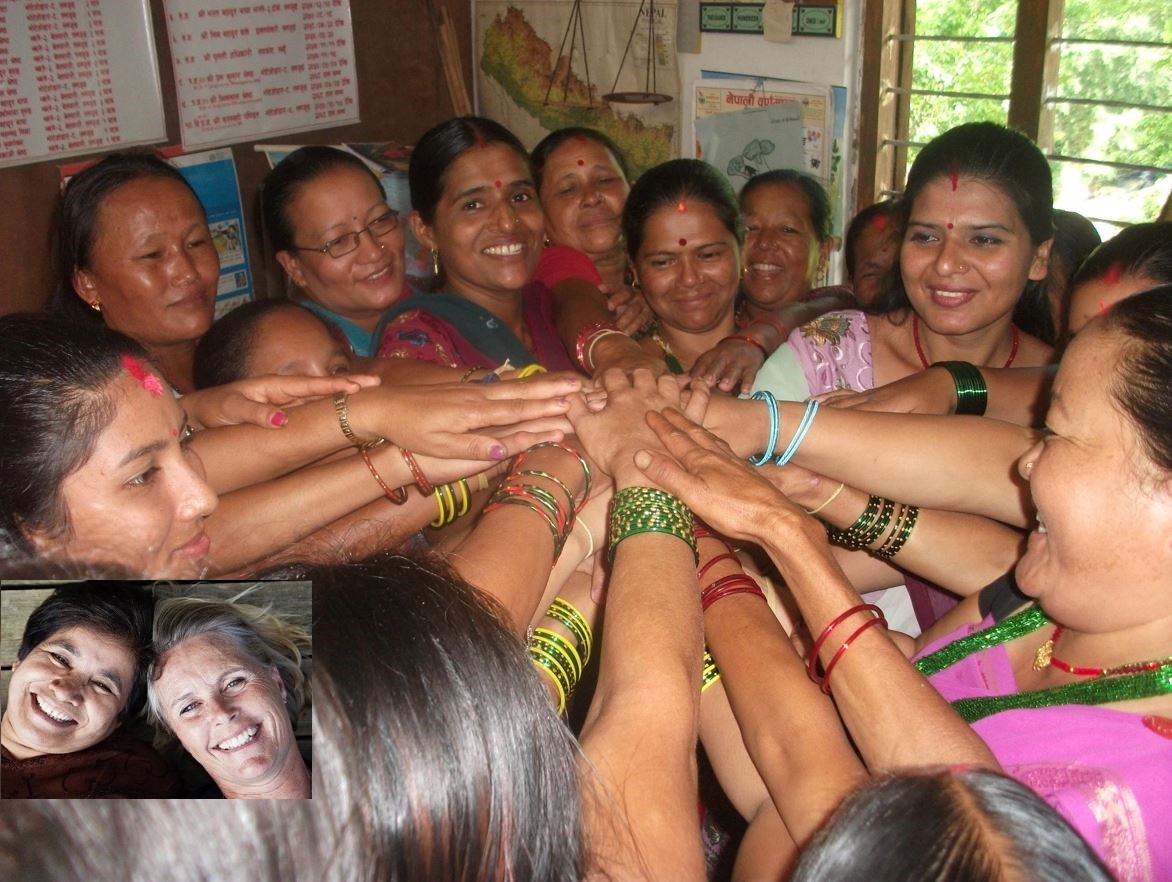
WAWCAS stands for Women At Work, Children At School which is a collaborative project with WAWCAS International, Denmark. We educate and strengthen women living in poverty to become successful business entrepreneurs. When these women begin the program, they have next to nothing. When they graduate, they are competent business owners and part of a network of likeminded professionals.
Being financially independent, the women ensure their children’s education, giving them the chance of a better future. And as the successful entrepreneurs and their families thrive and prosper, so does the entire local community. The core function of the WAWCAS program is to empower and motivate needy and underprivileged women for social change and economic independence through business development and capacity building.
It is an entrepreneurship-training program for women in developing countries that strengthen them personally, socially and economically. The program is being implemented in Nepal since 2007 and was developed by Sangeeta Shrestha and Nina Schriver.
As of October 2021, 4,587 women have already been the part of the program. 4,455 have exited, 132 are in the program and 225 women are in the preparation phase. Every year, 750 women are included in the program.
The aim of the program is to strengthen the autonomy and the social and economic empowerment of needy women and their families with a main focus on the women and their children. It helps the women to establish a women group where they do saving and seed fund to start a small business. In this way the women improve their living conditions, and create a better foundation for lives of their families. Each woman get a small interest free seed fund and pays back in maximum of 12 months.
It is mandatory for the women to send their children to school regularly, on time and in as good school as possible.
It is mandatory that the women save monthly in their group.
The WAWCAS program lasts 16 months. The training takes place twice a month. Issue Based Trainings (IBTs) once a month and repayment of seed fund once a month. Besides that home and business visits are conducted at least every second week depending on the situation. The women groups meet once a month for saving, repayment and saving mobilization within the group.
The program is divided into 3 phases:
The training and supervision is carried out by WAWCAS certified Local Program Leaders (LPLs) who have 17 months of theoritical and practical training in the program.
The WAWCAS Training Manual are a collection of written manuals, which form a set of guidelines for the curriculum and the teaching and training process in each of the three phases of the program.
The manuals are used by the LPLs, Team Leaders (TLs) and the Program Manager (PM). The manuals ensure a common level of process, development and quality in every activity within the WAWCAS Program.
In addition to WAWCAS Training Manuals, the teaching materials consists of a set of Working Tools, Posters, a Game Catalogue, Manuals on Cooperative Farming, Women and Children Case Stories and My Diary specially designed for illiterate women. These materials are used throughout the program period.
WAWCAS has a data system which functions as a basis for documentation and as a basis for learning about the program and its effects to be used to optimize the program and analyze effects.